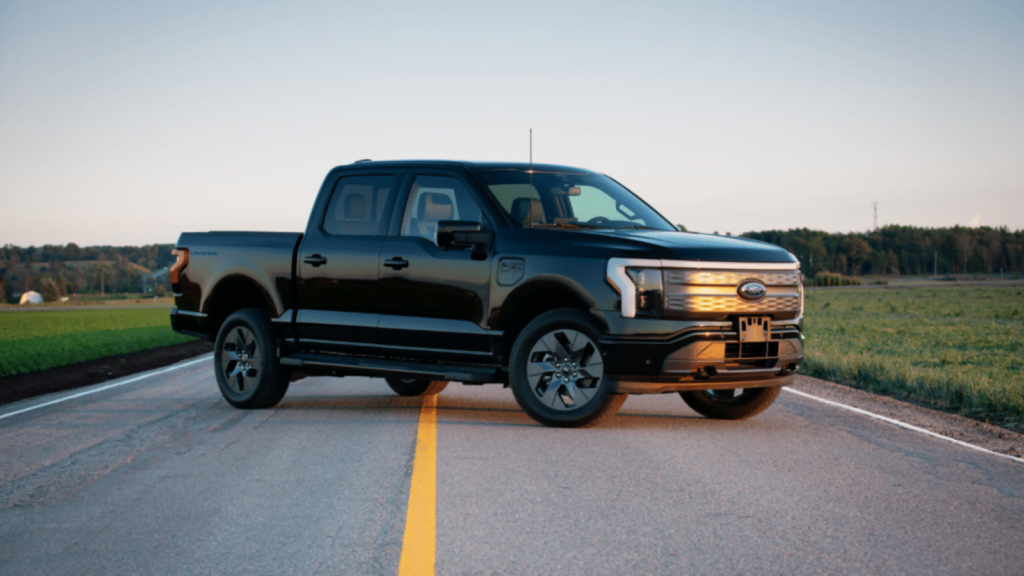Several U.S.-made vehicles may no longer be an option for the Canadians. This is primarily because of the ongoing trade war and the additional tariffs on components, which are increasing the base price. This also affects specific vehicle components’ maintenance, repairs, and upgrades. Canadians are taking this opportunity to shift to domestic brands, avoiding the increased costs. Canada may also ban some of these vehicles due to increased emissions, aiming for a greener future. Here are 20 U.S. cars that might soon be banned or taxed in Canada.
Ford F-150
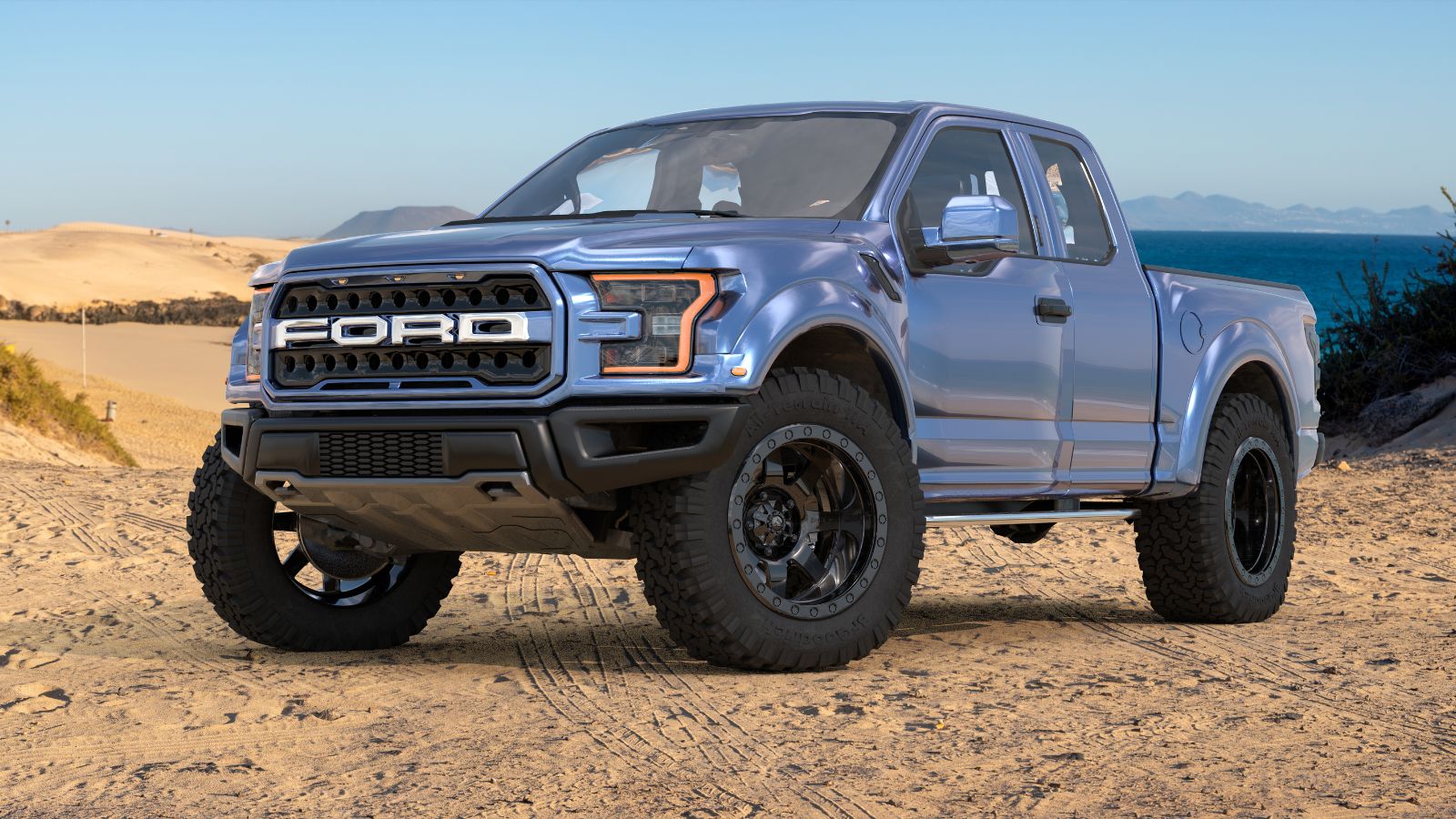
One of the best pickup trucks in North America, the Ford F-150, is produced in the United States. Since it is now subject to additional tariffs, this vehicle might soon be banned or taxed in Canada. Offering a range of 300 miles and a maximum towing capacity of 13,500 pounds, its run in Canada might end soon.
Chevrolet Silverado
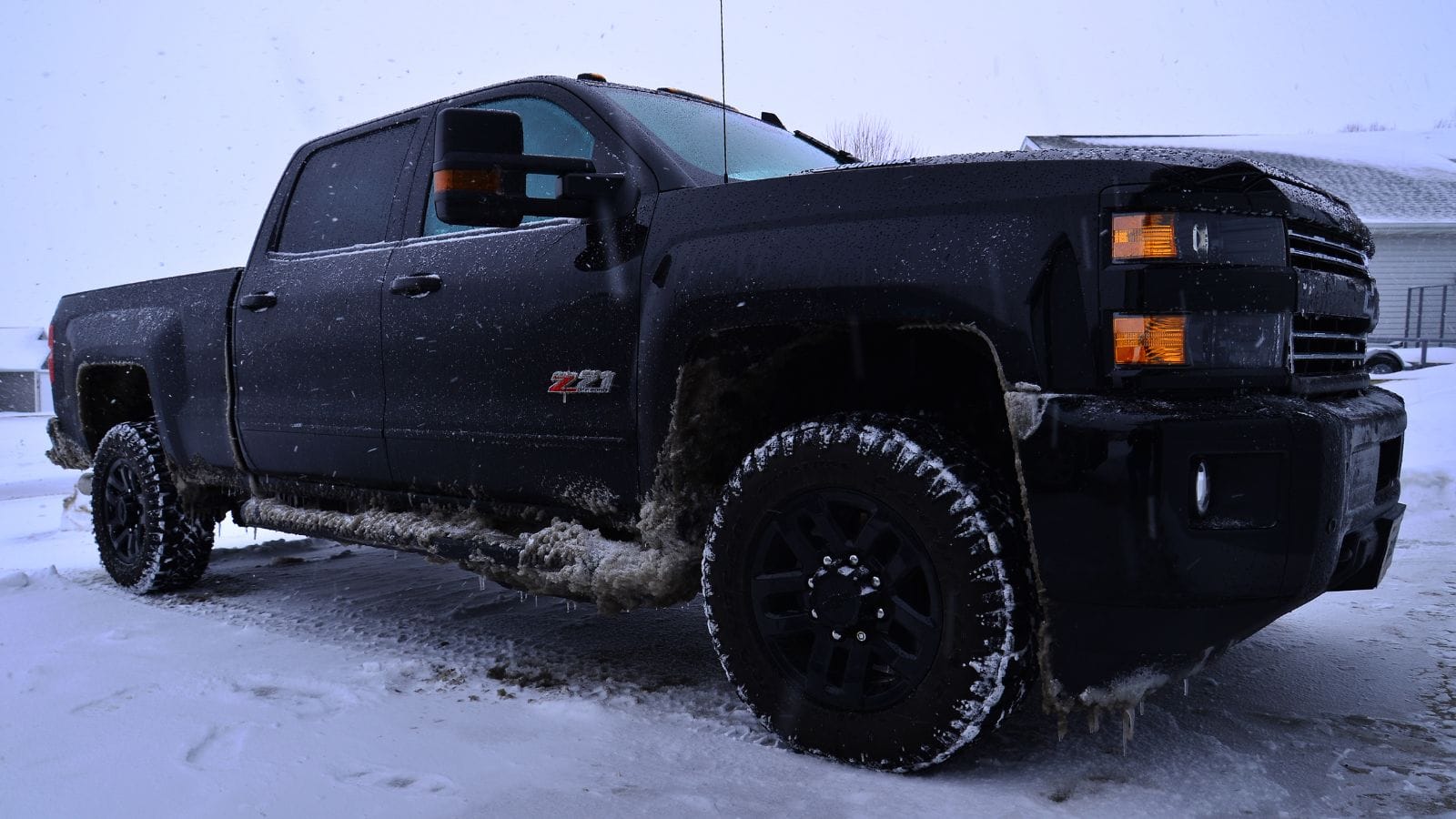
The Chevrolet Silverado’s production relies on a complex North American supply chain, with parts crossing borders multiple times. This powerful pickup truck and its EV variant might soon be banned or taxed in Canada. The main reason would be Canada’s retaliatory tariffs and other supply chain issues.
Tesla Model 3
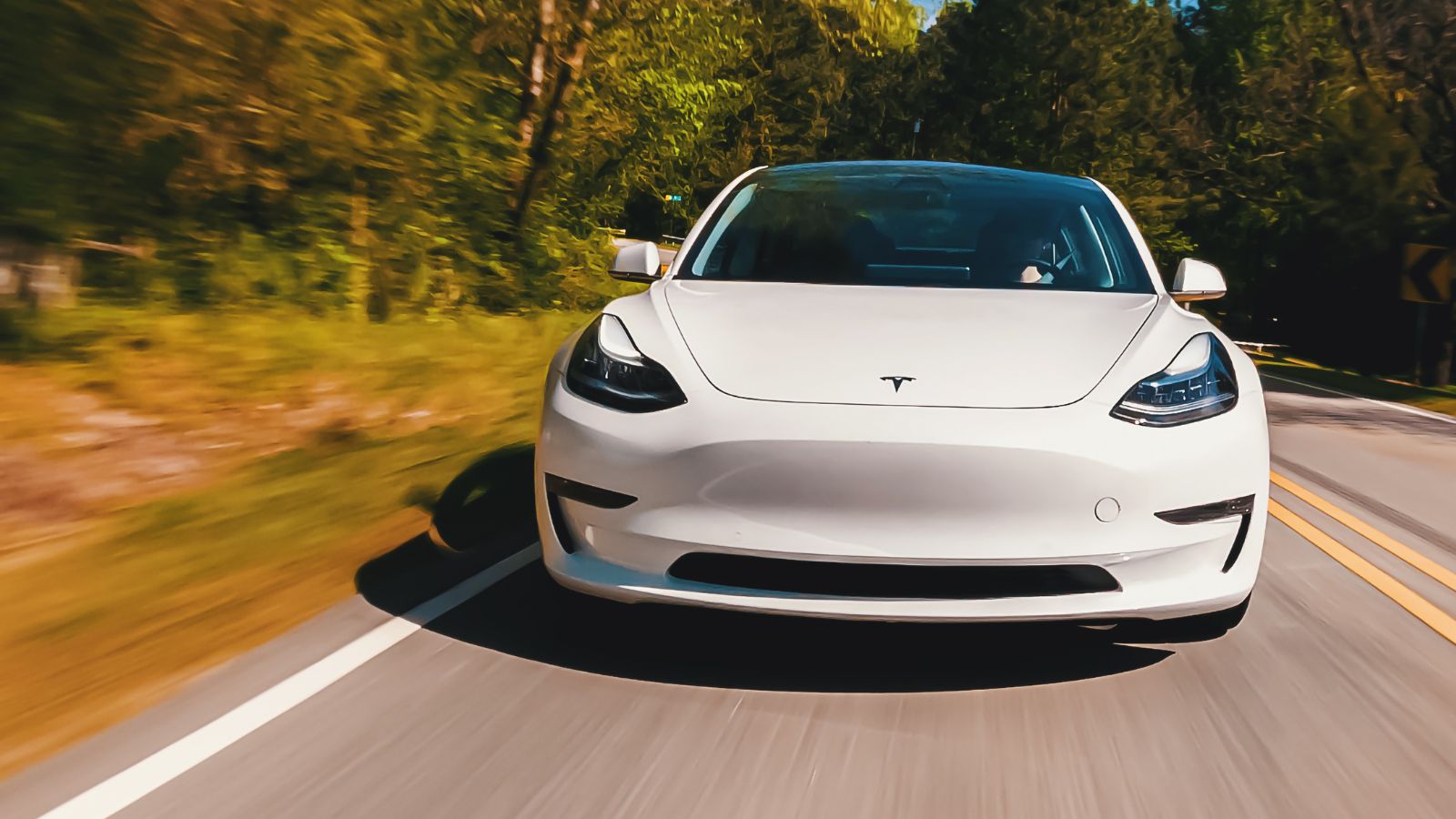
The Tesla Model 3 is being avoided in Canada for many reasons, both economic and political. Since Elon Musk is a close aide to the current administration, Canadians are boycotting it. The prices of this vehicle are also hiked due to the tariffs combined with Canada’s EV tax incentives, which do not apply to this vehicle.
Rivian R1T
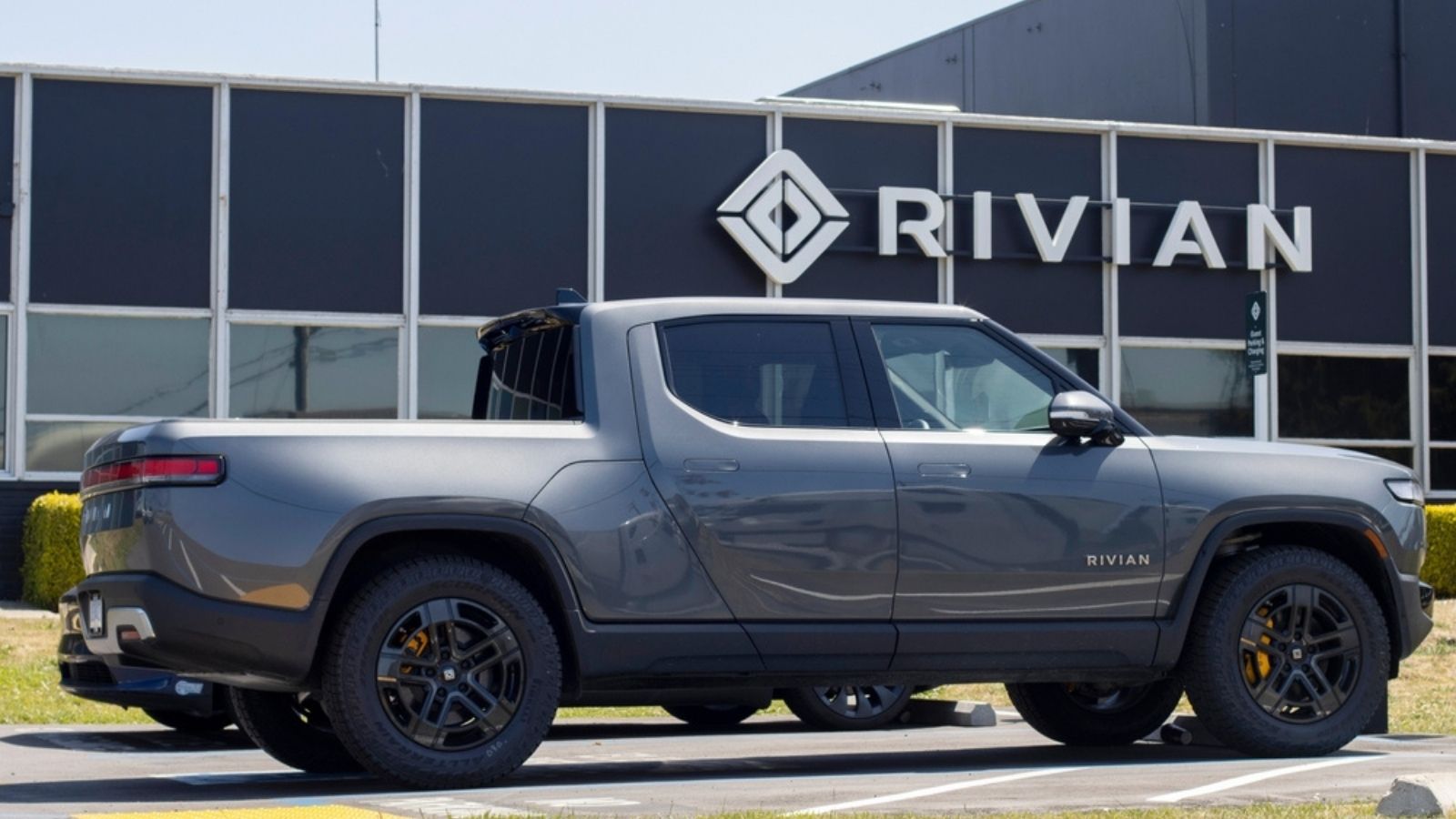
One of the best electric trucks in the industry, the Rivian R1T blends performance and off-road capabilities. Powered by a quad motor and accompanied by its innovative gear tunnel for storage, it captures the attention of many. Unfortunately, this might not be available for Canadians due to increased battery prices, maintenance, and a hiked base price.
Lucid Air
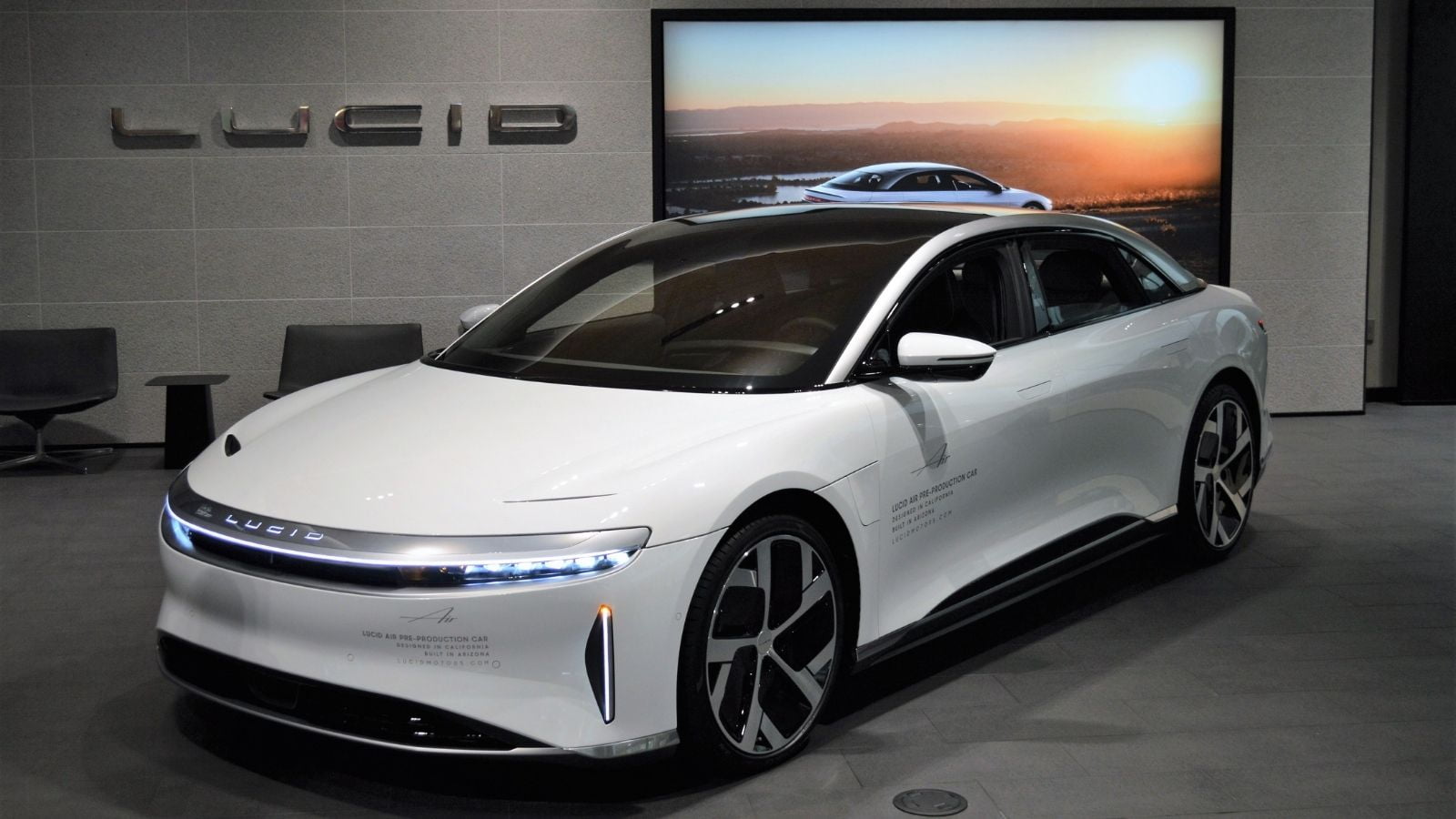
The U.S.-built Lucid Air faces 25% Canadian tariffs due to the U.S.-Canada trade war, not a ban. A performance electric sedan known to surpass a top speed of 190 mph, it has a range of over 500 miles. Lucid represents elite American EV manufacturing, which might be banned soon due to luxury taxes and increased prices.
Cadillac Lyriq
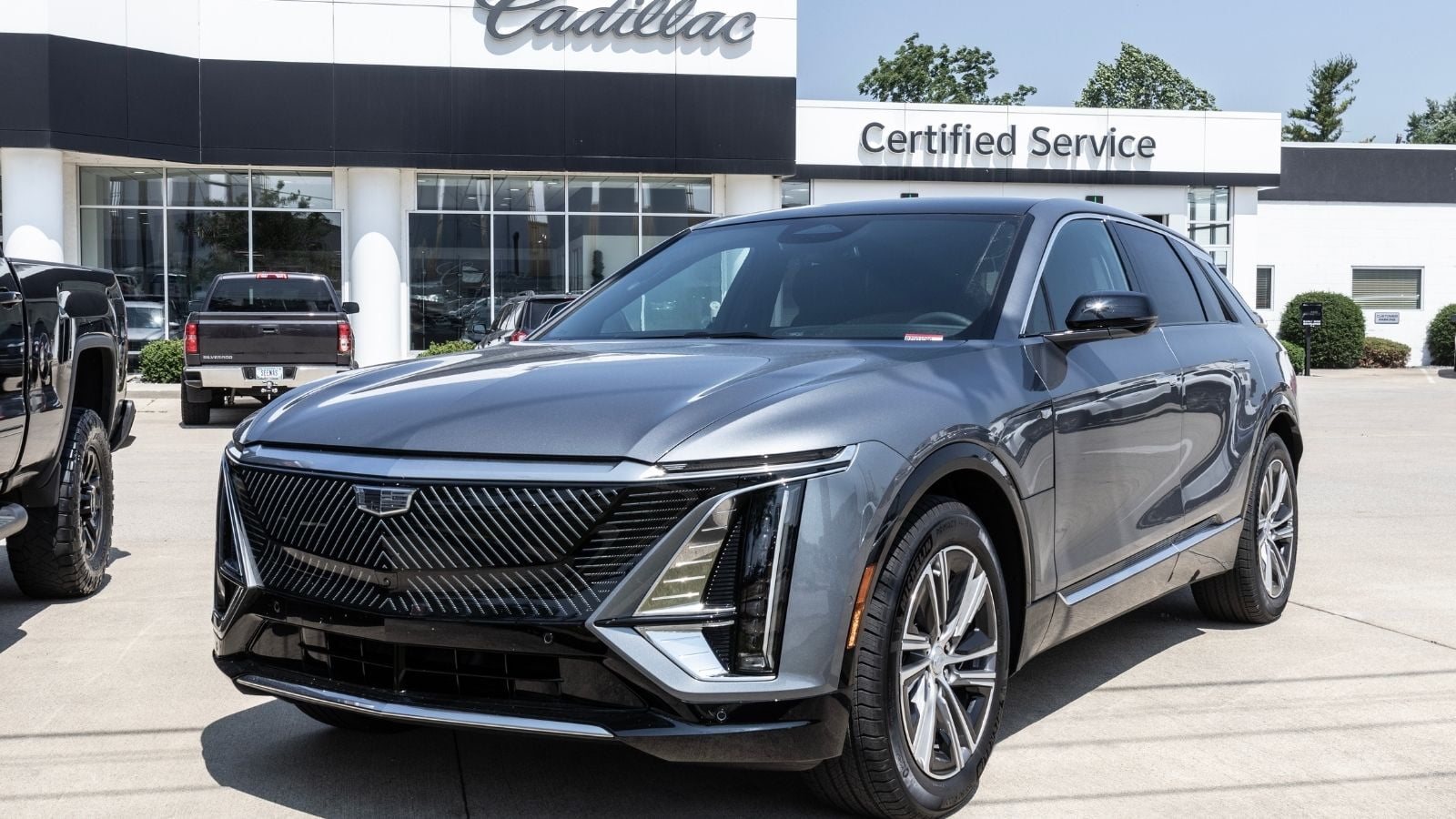
The Cadillac Lyriq and the Escalade might be banned in Canada due to the tremendous price hikes. Not only does the luxury tax affect this, but also a ripple effect that disrupts maintenance costs. Even the price of each high-end component will be hiked, leading to Canadians opting for domestic brands.
GMC Sierra
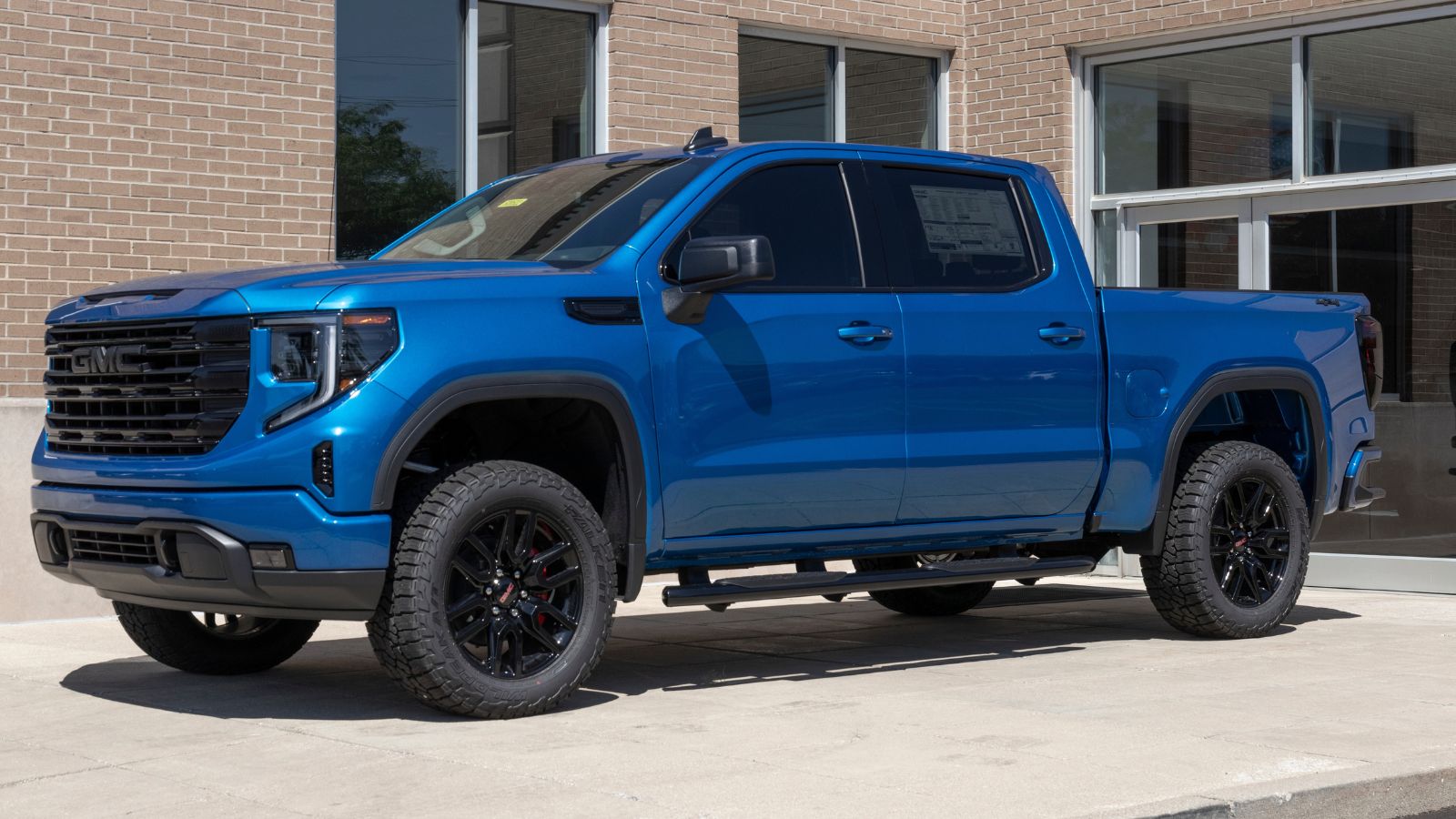
Produced in the United States, the GMC Sierra faces 25% Canadian tariffs, which weaken its footprint. These vehicles have a significant market share in provinces like Alberta and Saskatchewan, which may no longer be available. Dealerships are getting smaller footprints as Canadians avoid them due to their overpriced status.
Jeep Grand Cherokee
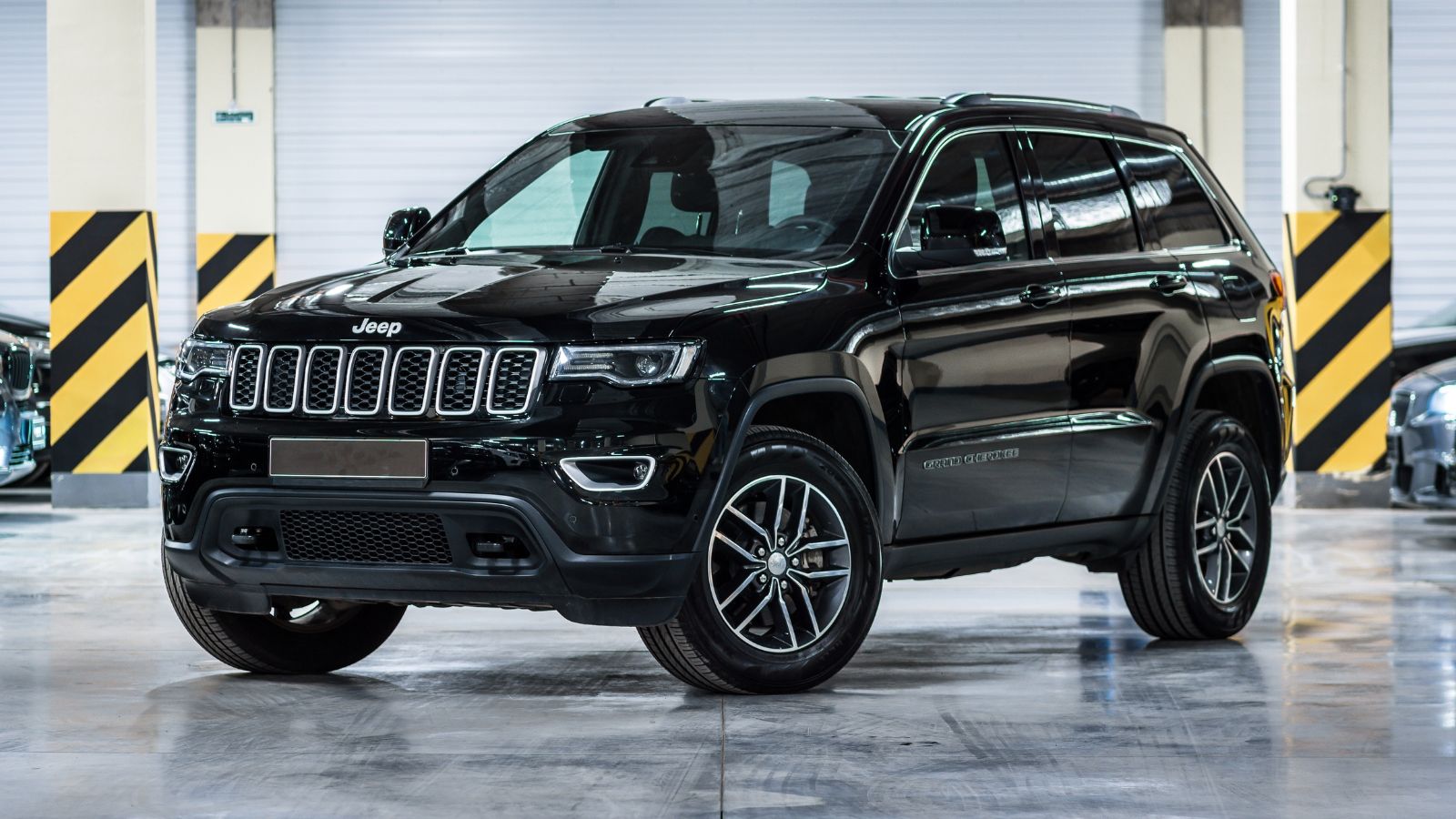
The Jeep Grand Cherokee is unique and emerging as a versatile off-road vehicle. A favourite in the North American sphere, this vehicle might soon be banned or taxed in Canada. The main reasons revolve around the high competition from the domestic industry in Canada and other tariffs.
Honda Accord
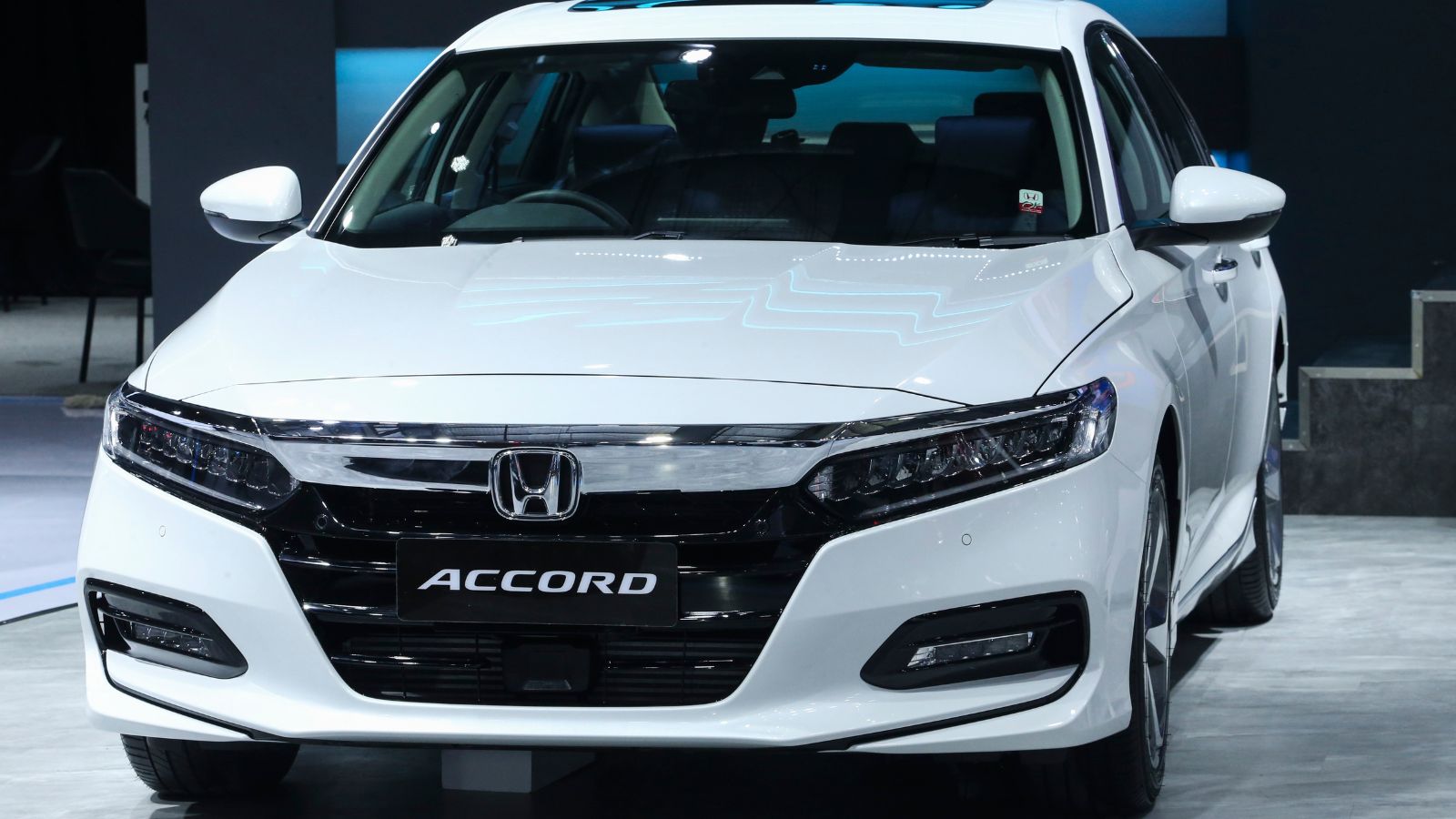
The Honda Accord is a great urban vehicle, powered by a 2.0L turbocharged engine that produces 252 horsepower. However, this vehicle suffers due to its production in the U.S., where all its SUVs, minivans, and sedans are made. Apart from the tariffs, any attempts to protect the prices would result in heavy losses for Honda.
Toyota Camry
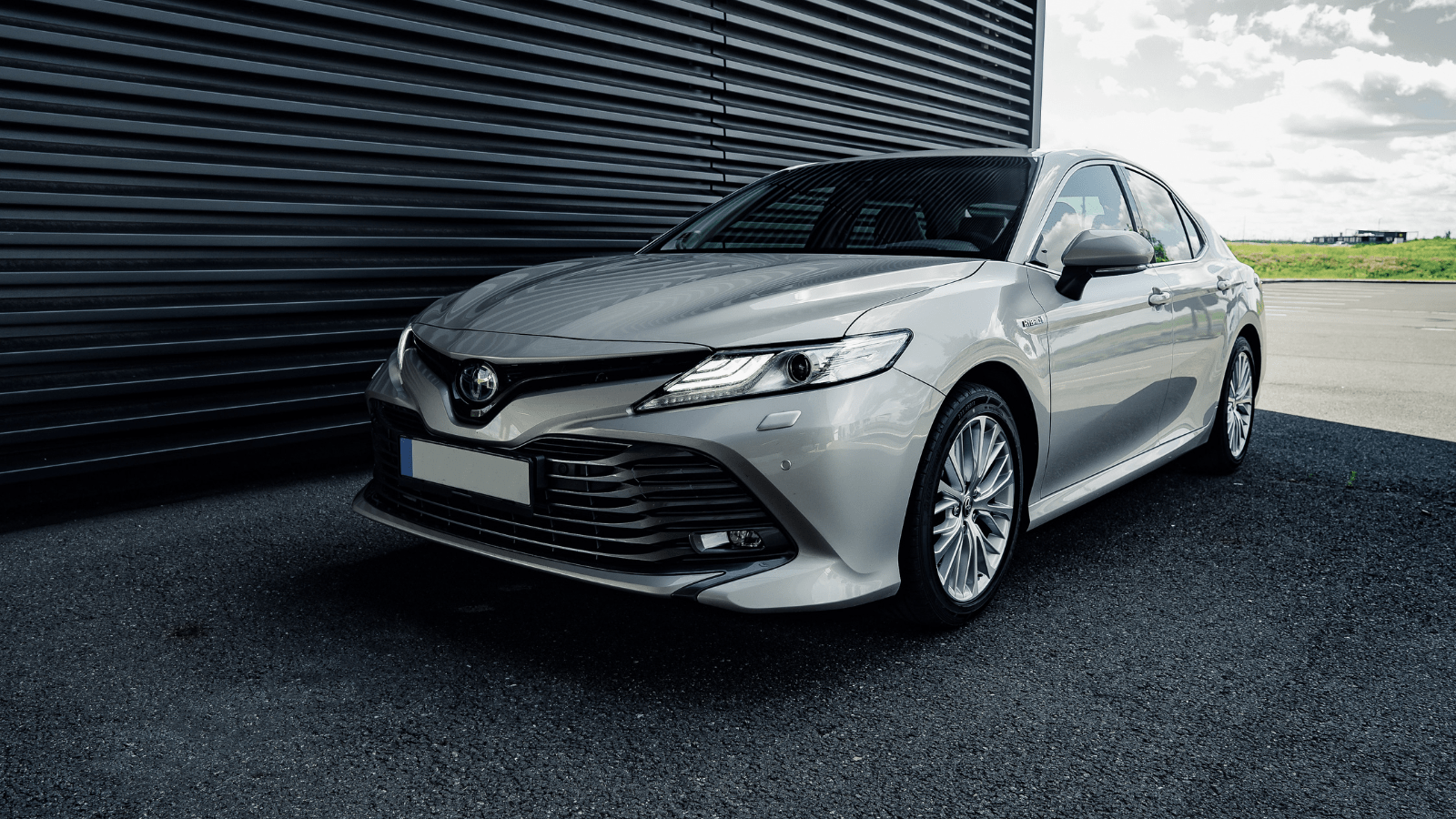
Amidst all the speculation and trade war, Canada could tax or ban the Toyota Camry to set an example. This move would counter U.S. protectionist policies favoring American brands. Moreover, the Camry, under the weight of the tariffs and politics, would not meet Canada’s trade demands.
Hyundai Santa Fe
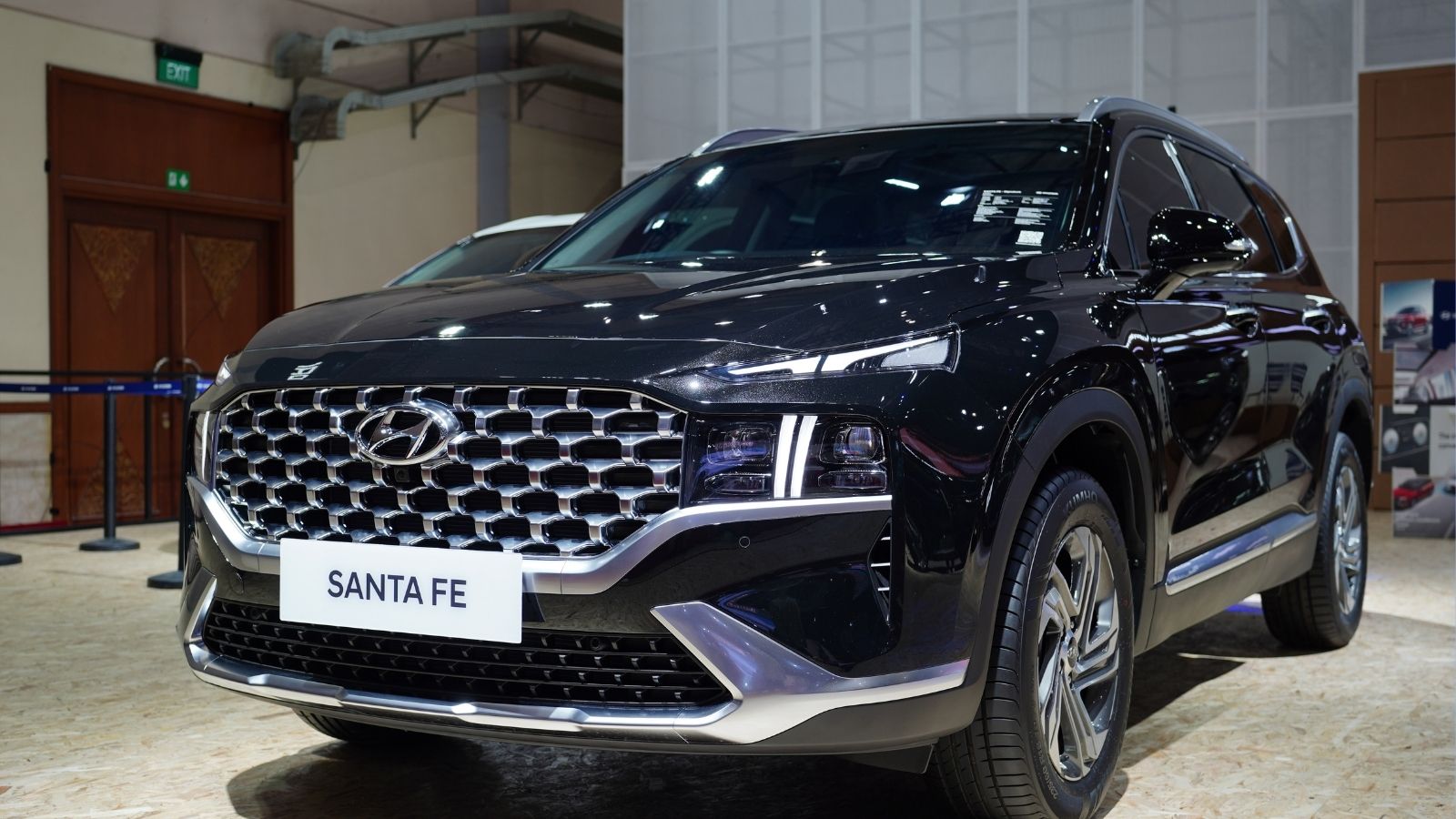
While some Hyundai models are produced in South Korea, the Hyundai Santa Fe is manufactured in the United States. The new lot of SUVs produced in the U.S. is subject to Canada’s 25% retaliatory tariffs. Approximately 50% of the gas-powered Santa Fe’s parts are non-CUSMA-compliant, increasing the costs.
Kia Sorento
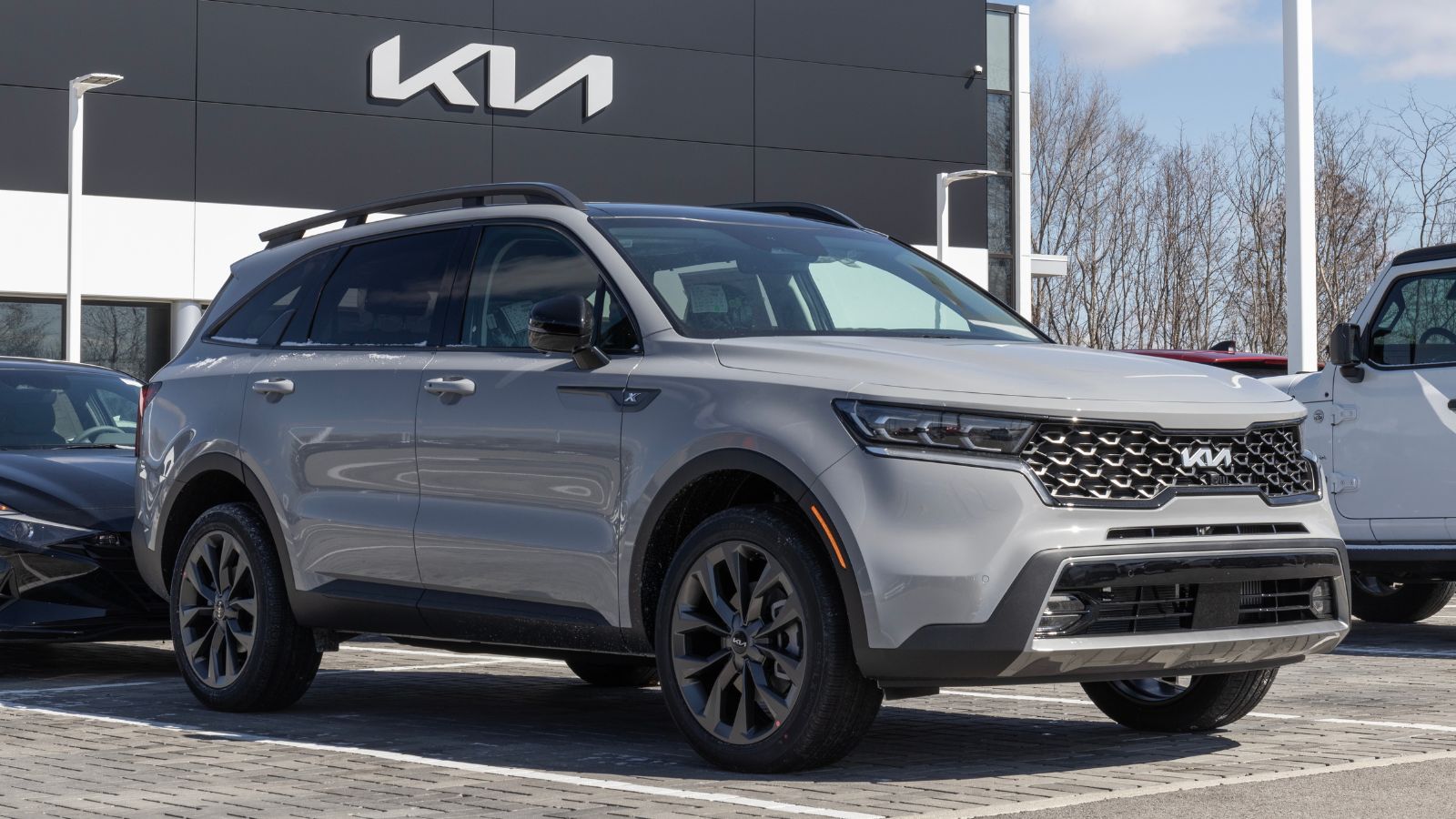
The Kia Sorento, one of Kia’s most popular nameplates, is produced in Georgia, United States. This vehicle relies on South Korean parts, failing CUSMA’s regional content rules and triggering tariffs. To protect Canadian production and supply chains, it might be banned or taxed in Canada.
BMW X3
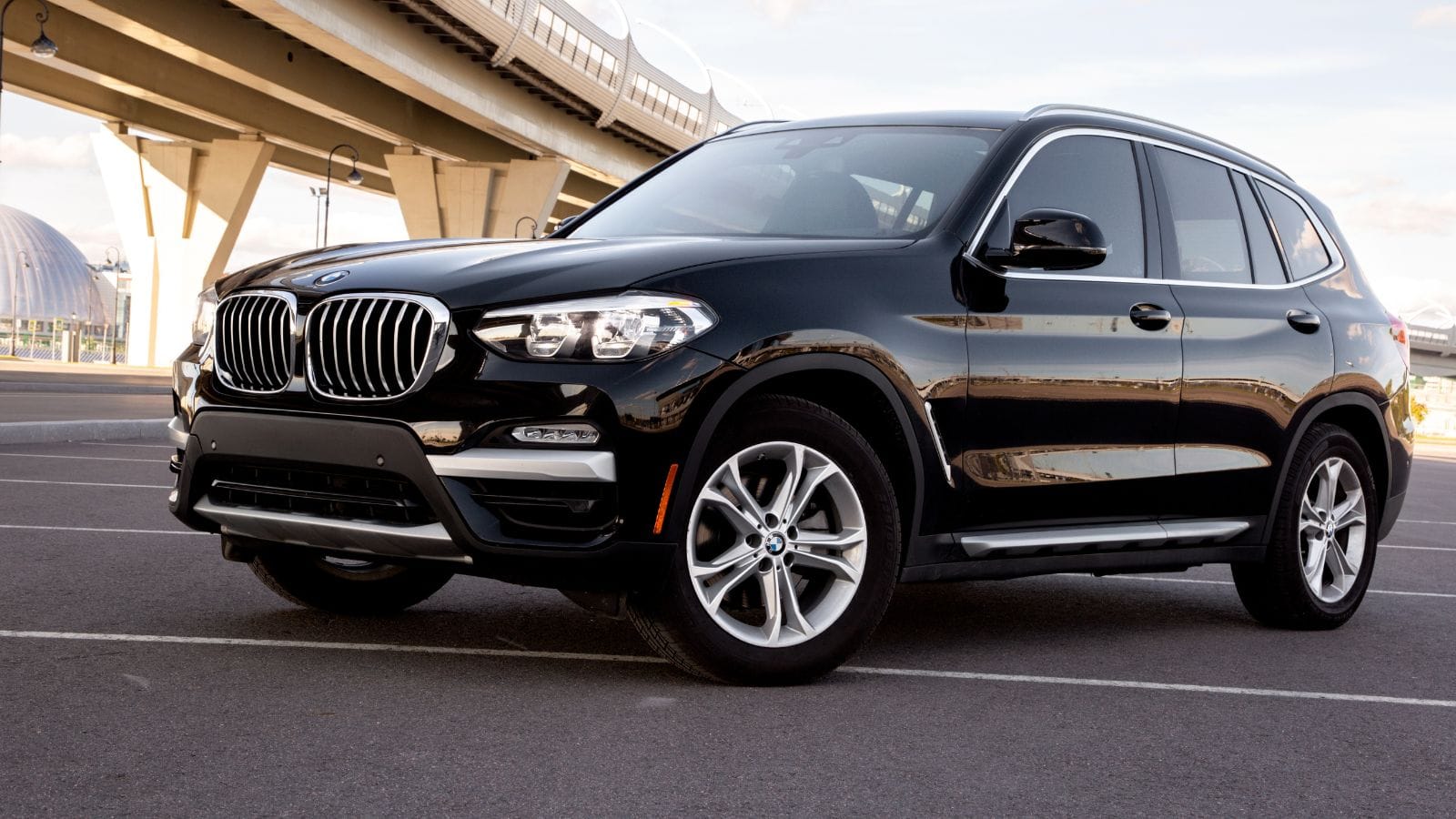
The majority of BMW X series vehicles, such as the X3, X5, and X7, are produced in South Carolina. Powered by a 2.0L turbo or 3.0L I6 engine, it easily produces up to 382 horsepower. This vehicle may no longer be available in Canada due to market diversification to promote tariff-free vehicles for consumers.
Mercedes-Benz GLE
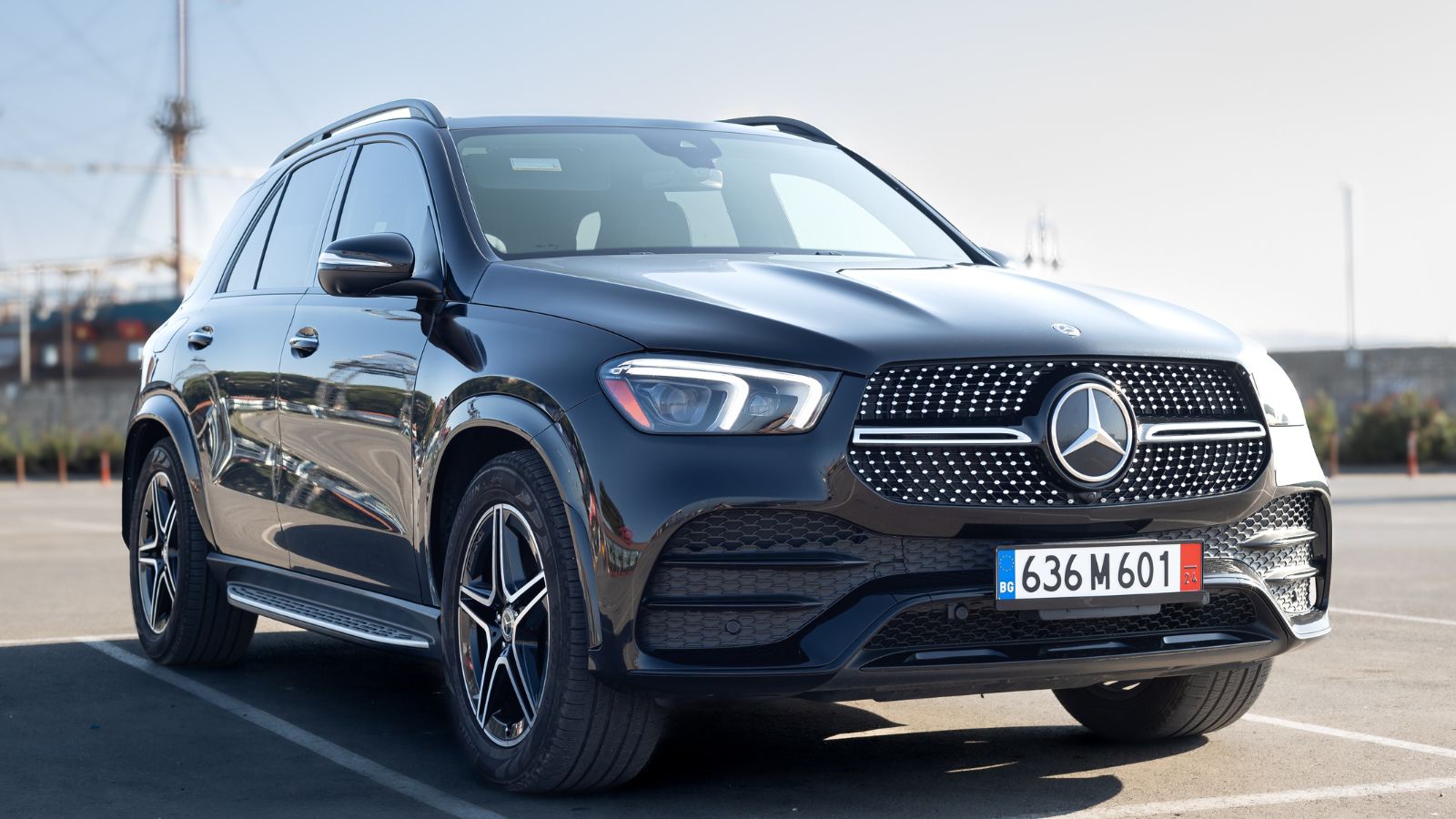
The Mercedes-Benz GLE is a luxury SUV assembled in Alabama that might be banned in Canada. It is one of a kind, marked by its luxurious interior, dual MBUX systems, and optional third-row seating. Some factors that might affect it are the luxury tax, increased base price due to tariffs on components, and U.S. trade concessions.
Nissan Pathfinder
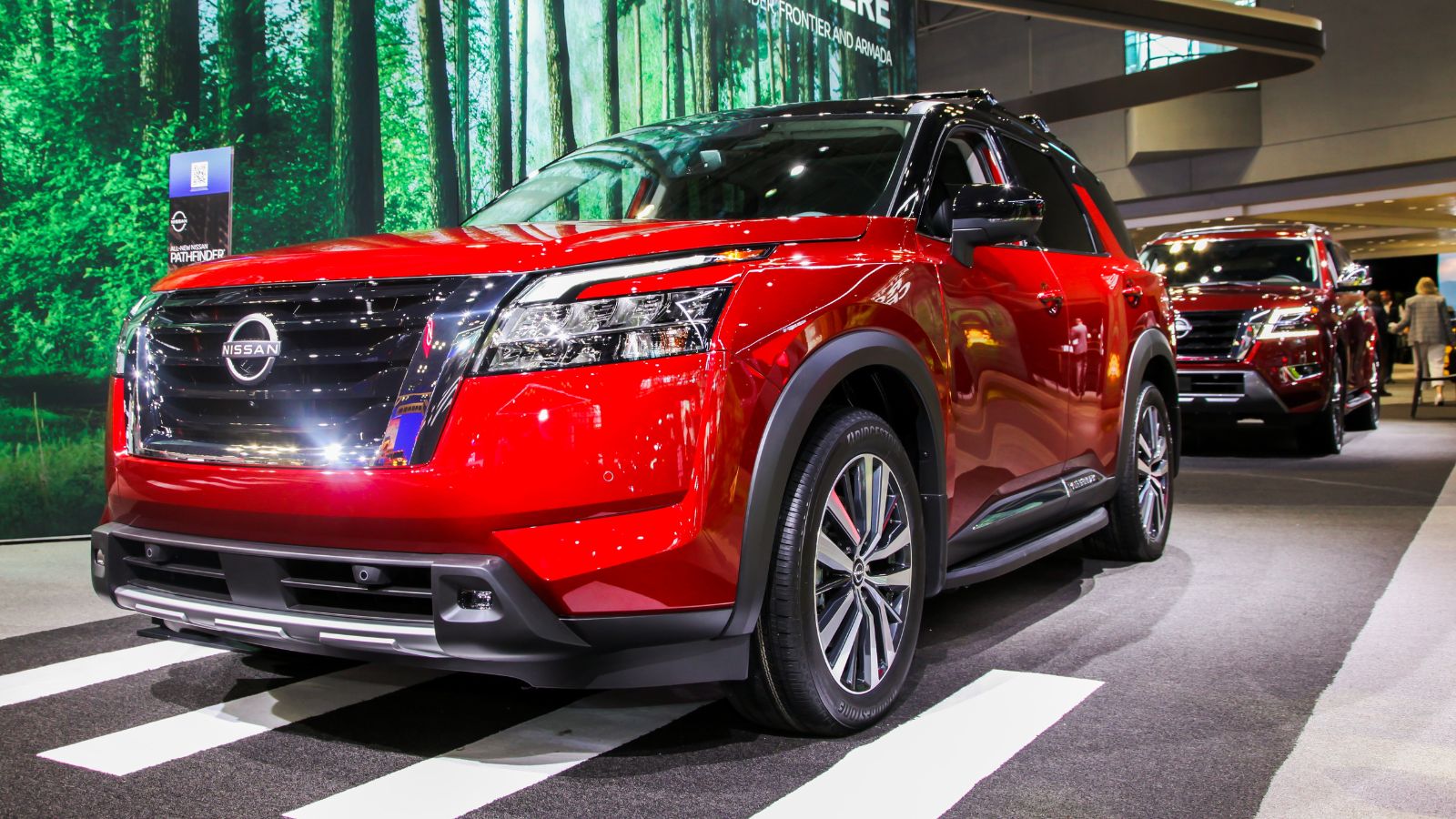
The U.S.-made Nissan Pathfinders are subject to tariffs, leading to supply chain disruption and issues in Canada. This vehicle uses components from Japan and Mexico and thus suffers the effects of tariffs. A favourite among Canadians for its Nissan Safety Shield and reliable performance, it may no longer be available.
Subaru Ascent
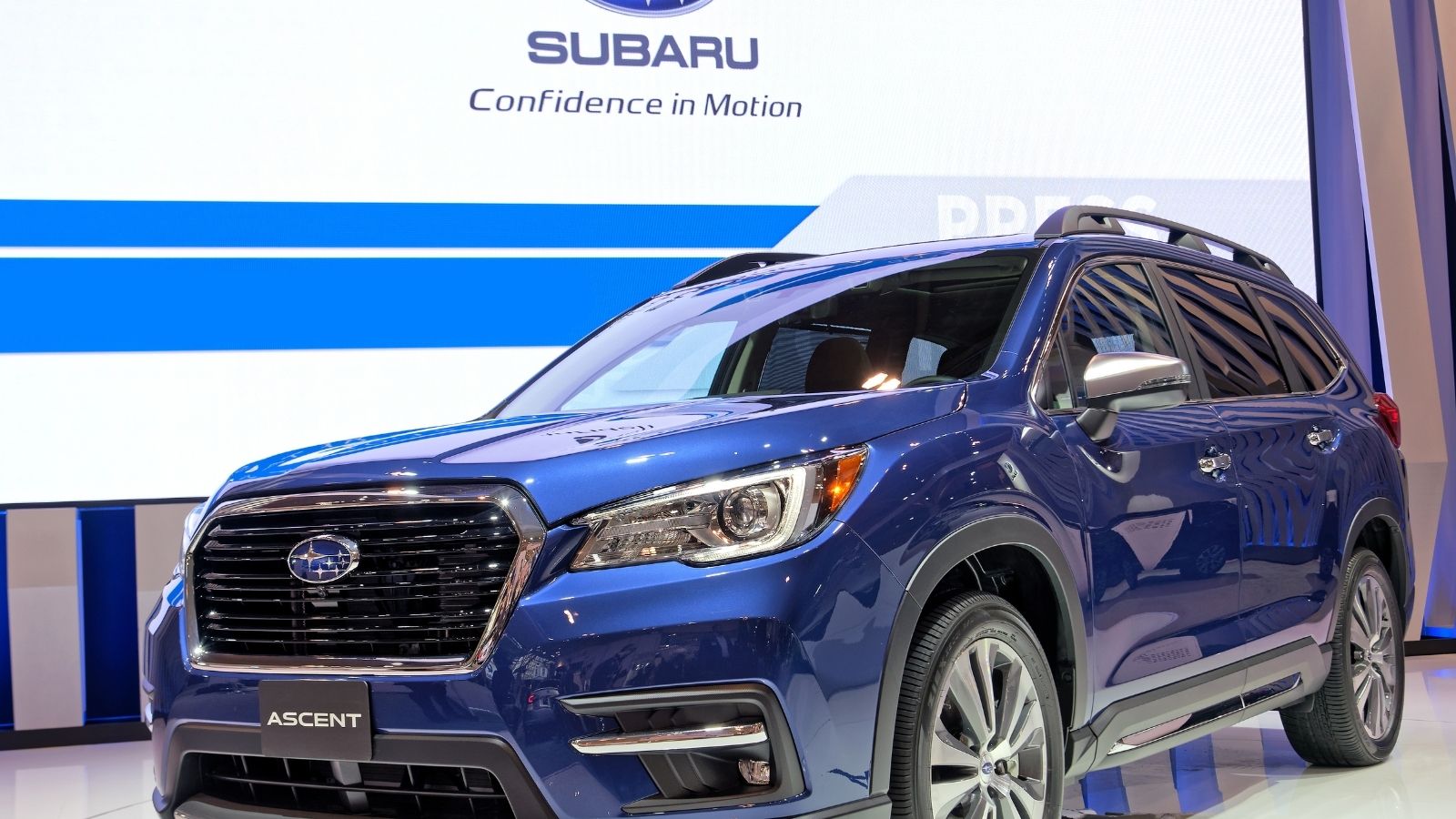
The Subaru Ascent has numerous trims marked by Subaru EyeSight Driver Assist technology. While some models are produced in Japan, vehicles produced in the U.S. may be sidelined. Canada’s free-trade agreement with Japan will allow other non-U.S. Subaru models to thrive, unlike this.
Volkswagen Atlas
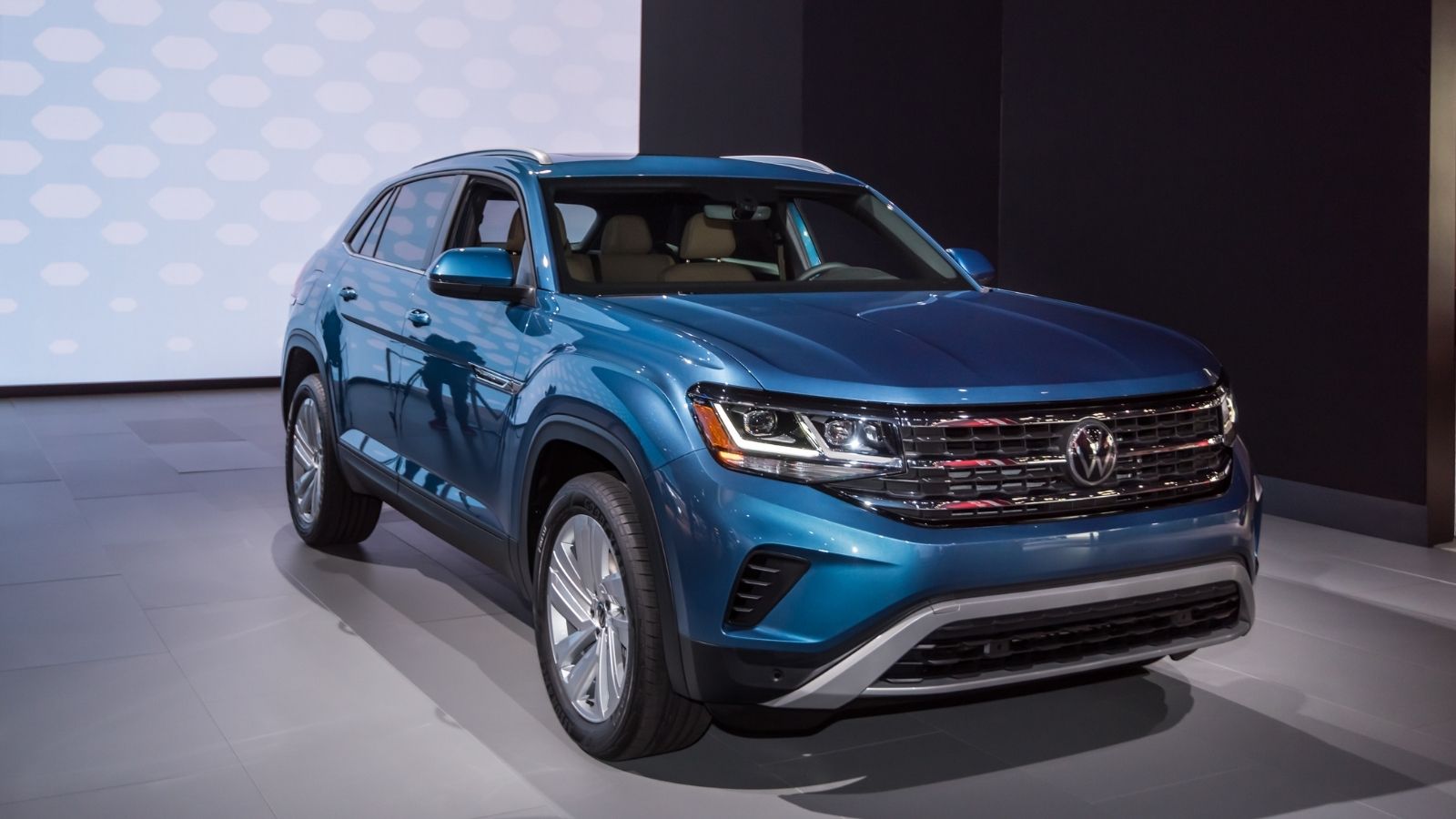
A great family vehicle that may be banned in Canada, the Volkswagen Atlas can accommodate up to eight people. With a towing capacity up to 5,000 pounds, it offers both all-wheel drive and front-wheel drive. Locals would prefer made-in-Canada family vehicles over the Atlas, leading to a massive reduction in sales.
Mazda CX-50
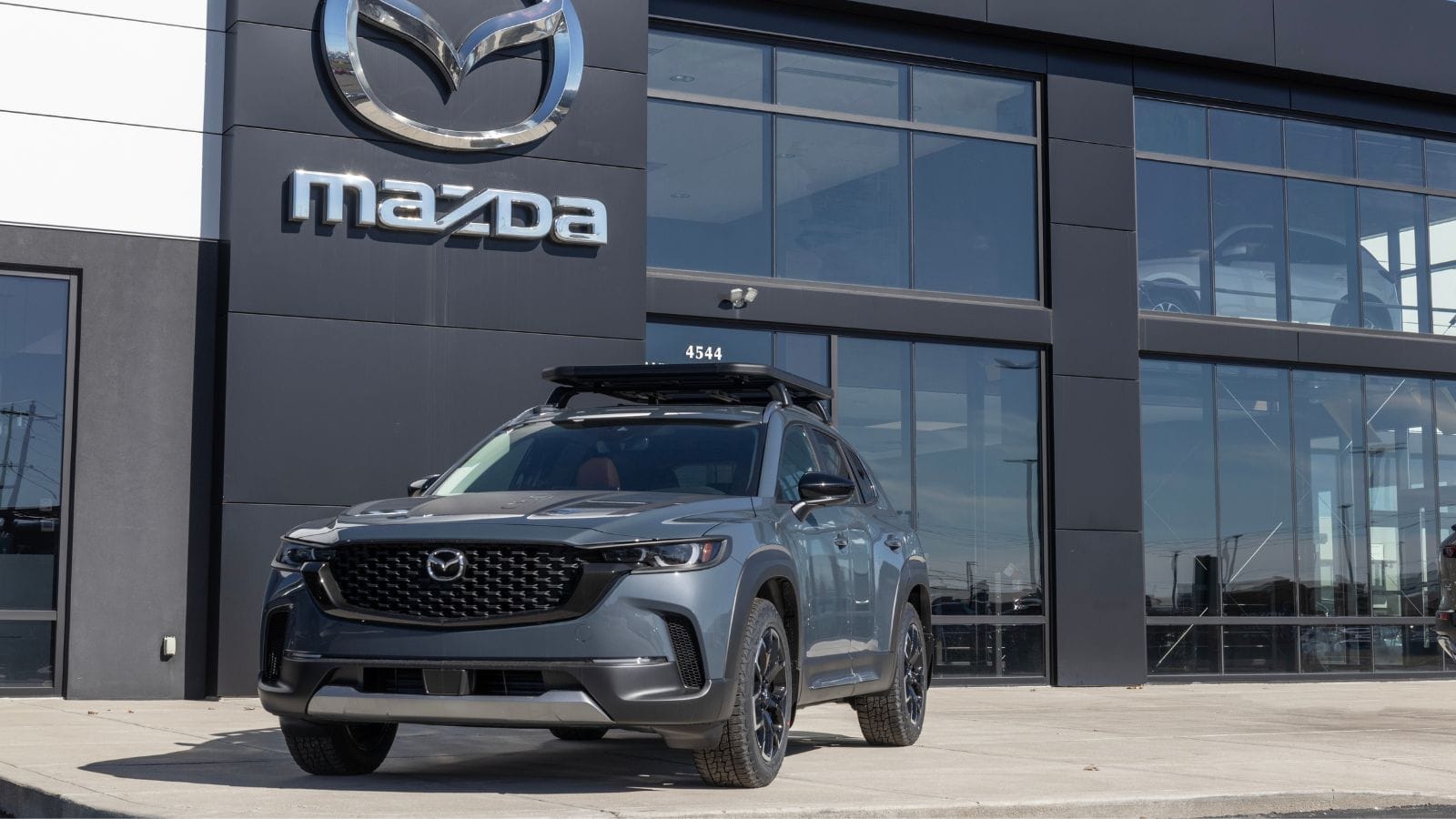
The Mazda CX-50 is assembled in Alabama, United States, and faces the harsh effects of the tariffs. Canadians are opting for Mazda models made in Japan over those made in the United States. These are subject to heavy taxes to counter U.S. duties on Canadian vehicles.
Acura MDX
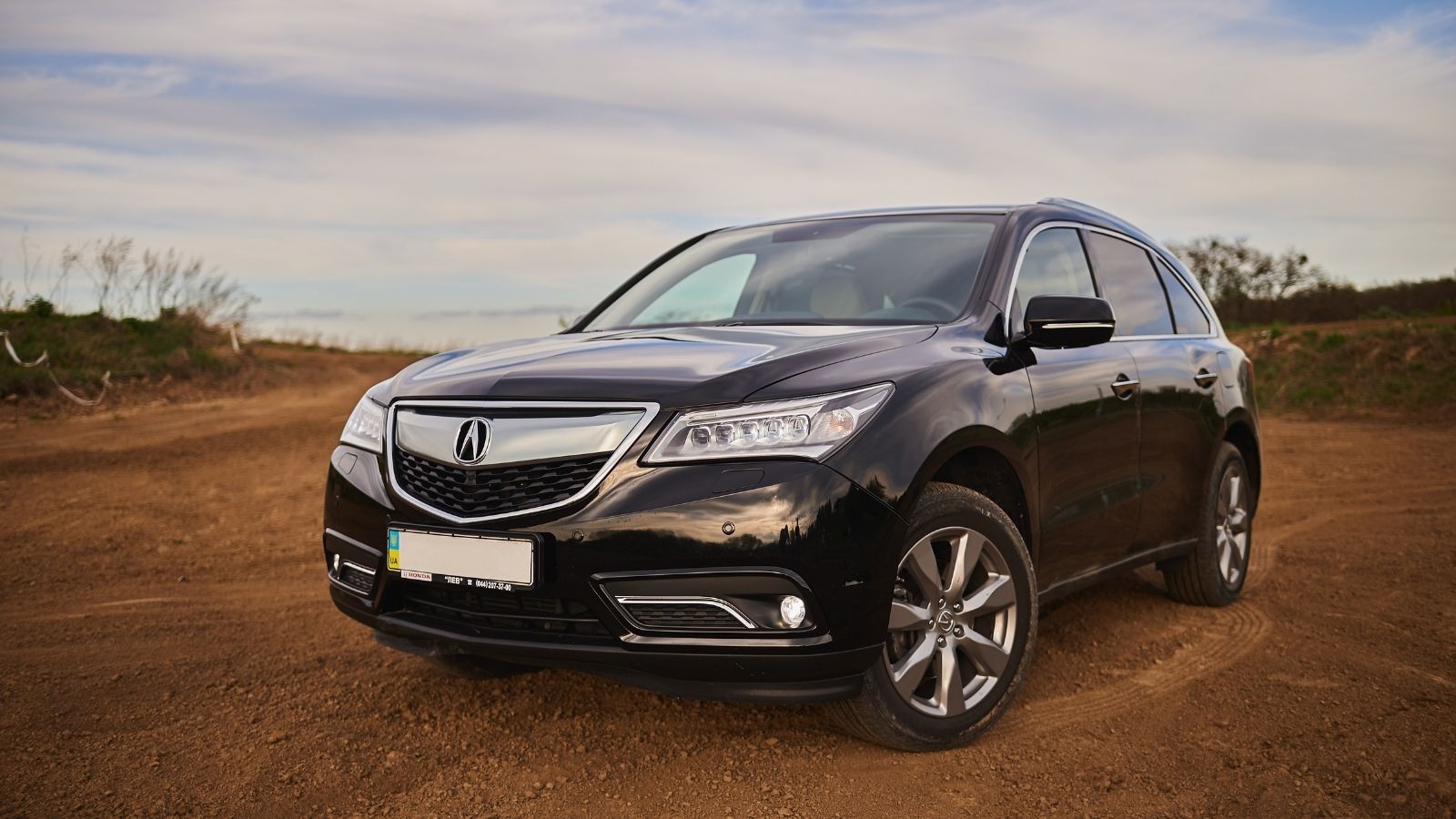
The U.S.-built Acura MDX faces 25% Canadian tariffs and taxes on luxury vehicles. Each component comes from Japan or Mexico and fails to meet CUSMA’s requirements. Canadians have refrained from buying this vehicle at this point due to the increased prices, resulting in many dealerships being shut down.
Ford Mustang
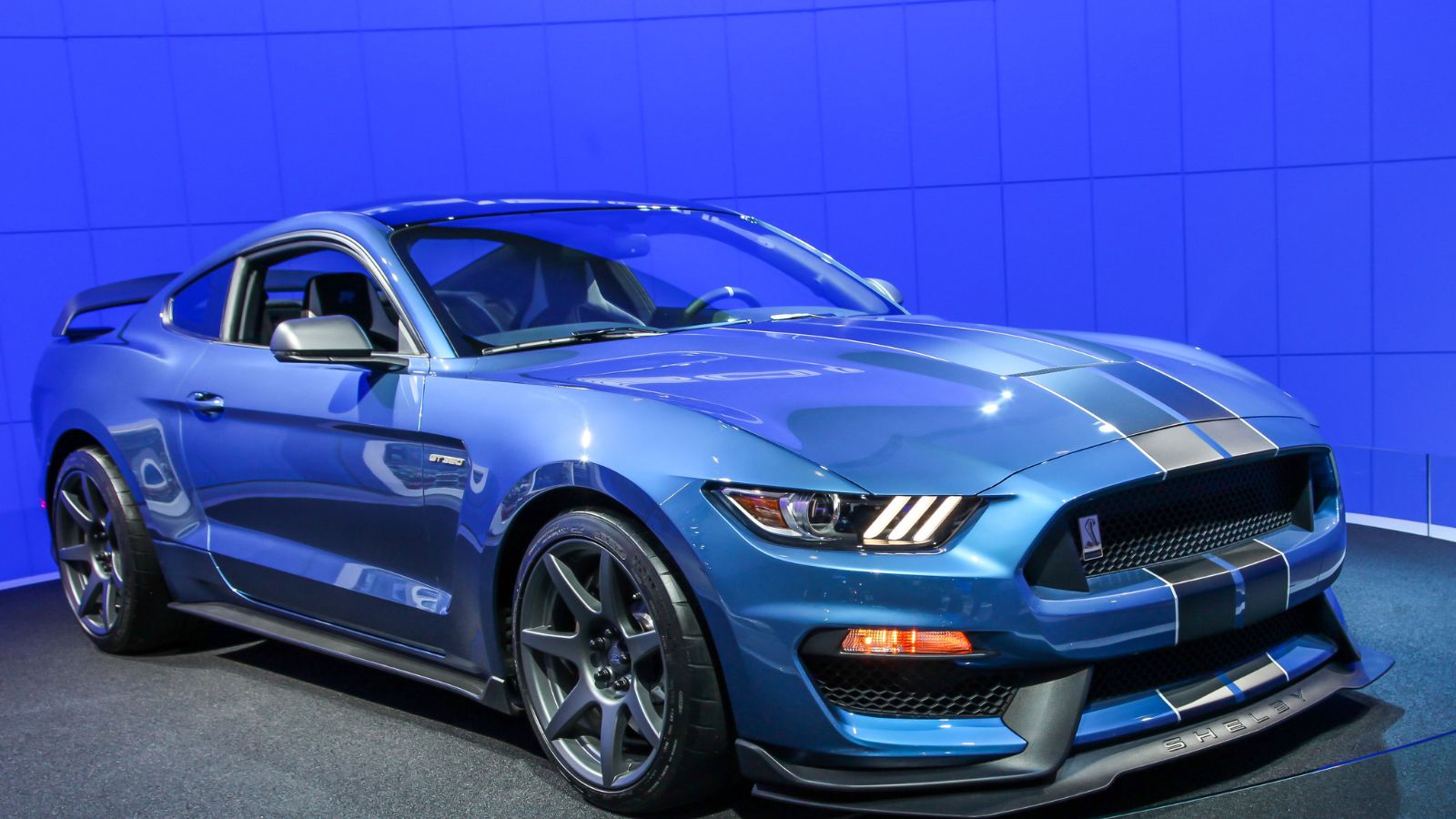
The Ford Mustang, a symbol of muscle cars with an iconic legacy, is no longer welcome in Canada. While this vehicle impresses everyone with its performance and speed, it may soon be banned or taxed. Apart from the trade war and tariffs on components, the Mustang may even be taxed for its high emissions.
25 Facts About Car Loans That Most Drivers Don’t Realize

Car loans are one of the most common ways people fund car purchases. Like any other kind of loan, car loans can have certain features that can be regarded as an advantage or a disadvantage to the borrower. Understanding all essential facts about car loans and how they work to ensure that you get the best deal for your financial situation is essential. Here are 25 shocking facts about car loans that most drivers don’t realize:
25 Facts About Car Loans That Most Drivers Don’t Realize
